Massive Gas Pipeline Explosion! Over 100 Injured, 50 Houses Destroyed in Selangor, Malaysia (Video Screenshot)
[People News] On March 28, a 33-story building constructed by China Railway No. 10 Engineering Group in Bangkok, Thailand, collapsed into rubble during a magnitude-4 earthquake. Nearly all international media covering the incident highlighted the phrase “Made in China equals shoddy construction,” drawing global attention. In response, the Chinese Communist Party (CCP) swiftly deleted all related domestic reports in an attempt to cover up the scandal. However, on April 1, yet another Belt and Road Initiative (BRI) scandal erupted. A large-scale explosion and fire broke out on a natural gas pipeline built under a China-Malaysia BRI agreement, once again sparking concerns among netizens over the safety of Chinese infrastructure projects.
According to a report by Newtalk, a Belarusian media outlet, NEXTA posted on social media stating that on April 1 (local time), a natural gas pipeline operated by Malaysia’s national oil company, located near the capital Kuala Lumpur, suddenly exploded, triggering a massive fire. As of now, the incident has left 33 people injured, with six requiring emergency medical treatment. Local firefighting and rescue teams are still actively engaged in rescue efforts and fire containment.
X (formerly Twitter) user Tuxedo Banchero posted that the damaged gas pipeline is approximately 500 meters long, and preliminary investigations suggest that the explosion was caused by a leak. Malaysia’s national oil company has since shut off the pipeline’s valves to prevent further escalation of the disaster. However, the large-scale fire continues to rage, affecting numerous residential homes. Authorities have deployed significant rescue forces to evacuate and assist trapped residents.
Another X user, Headlines Hotspot, shared a video capturing the moment of the explosion and noted that the pipeline was located in the Putra Heights area on the outskirts of Kuala Lumpur. The local government swiftly ordered evacuations to prevent further casualties.
Meanwhile, X user People’s Daily (Parody) pointed out that the exploded pipeline was a Belt and Road Initiative project constructed by a Chinese company. The post criticized the poor quality of China’s BRI infrastructure, arguing that it “does not meet real-world safety standards.” The user further slammed the CCP’s export of “tofu-dreg projects” (shoddy construction), stating bluntly, “It’s absolutely rotten.”
The 'Belt and Road Initiative' serves as the cornerstone of Xi Jinping's ambitious diplomatic strategy to 'guide the world', aiming to utilize China's economic power to enhance its geopolitical influence and counter advanced nations in Europe and the United States. However, the issues and criticisms associated with the 'Belt and Road Initiative' are extensive and well-documented. Critics contend that the Chinese Communist Party (CCP) is engaging in economic imperialism or neo-colonialism through this initiative, which has led many impoverished nations into overwhelming debt and debt traps. The contracts and loans are predominantly controlled by Chinese firms, often resulting in inflated costs and subpar quality, with many projects being mere vanity projects or poorly constructed. Additionally, collaboration with local authoritarian and corrupt governments does not necessarily yield real economic development and trade opportunities, but instead amplifies China's negative influence.
For some countries that have blindly believed the CCP's falsehoods and have deeply engaged in the 'Belt and Road Initiative', they are beginning to face significant and painful lessons. Particularly in the aftermath of the COVID-19 pandemic, the global economy has worsened, and many developing nations are grappling with immense debt pressures. At this juncture, they realize that a large portion of their external debt owed to China consists of commercial loans with higher interest rates. Combined with various factors, including their own inadequate financial management systems, many developing countries have found themselves unable to repay their substantial debts and are compelled to initiate debt restructuring negotiations with China.
China is currently grappling with significant debt, and the persistent economic slump has further restricted its capacity to project financial influence abroad. Consequently, investments and loans related to the 'Belt and Road Initiative' have diminished, leading the People's Republic of China to become the largest debt collector globally. The agreements under the 'Belt and Road Initiative' are increasingly serving as a demonstration of how the Communist Party's political supremacy over economic matters has resulted in negative outcomes for numerous countries and their populations.

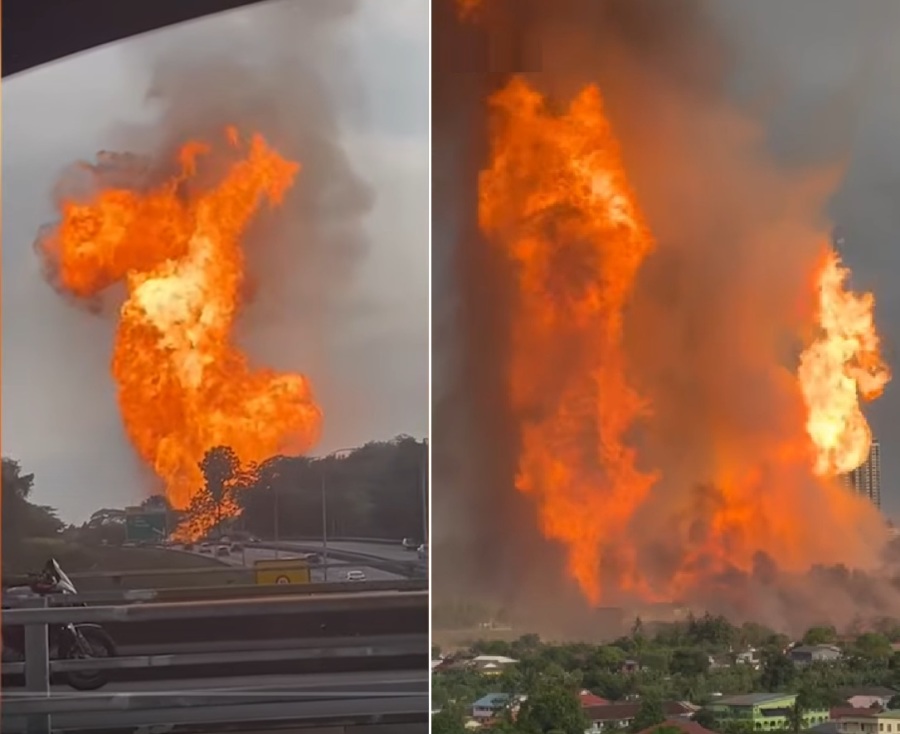
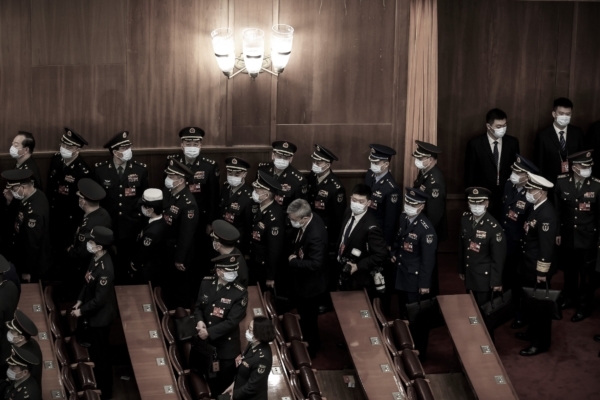
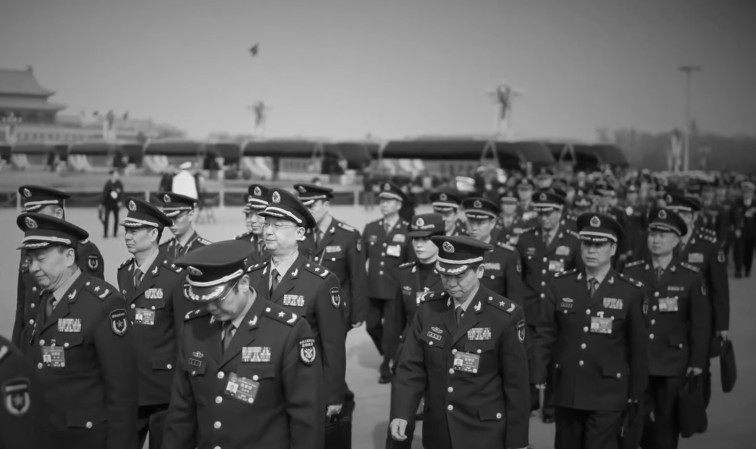
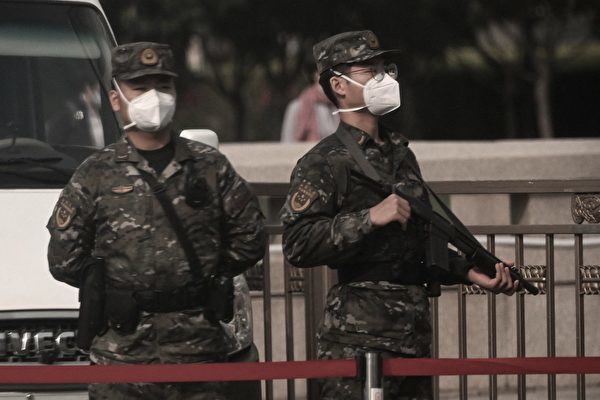
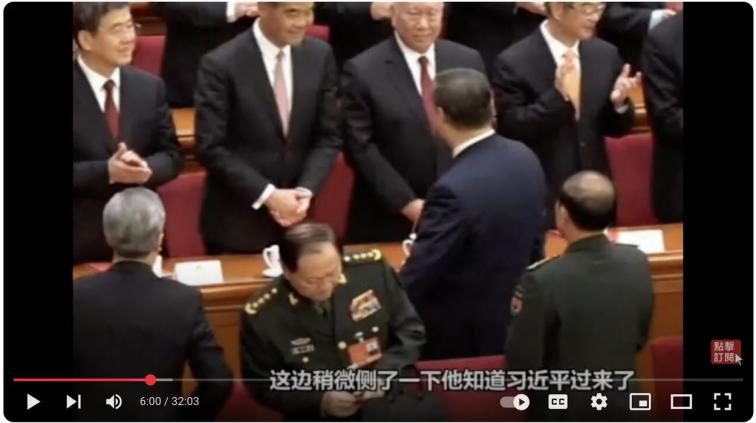



News magazine bootstrap themes!
I like this themes, fast loading and look profesional
Thank you Carlos!
You're welcome!
Please support me with give positive rating!
Yes Sure!